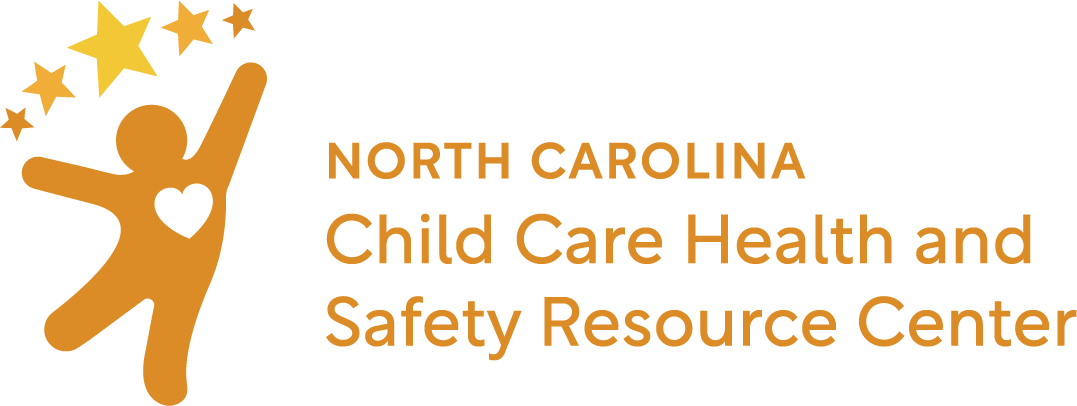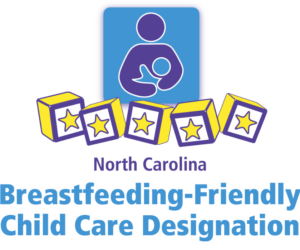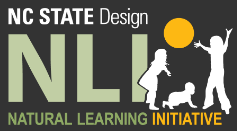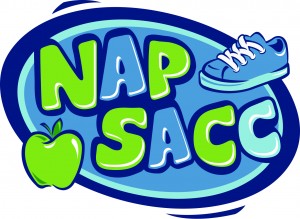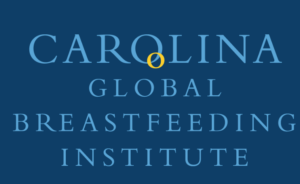Nutrition and Physical Activity
Child Care Health Consultant Competency 13: Nutrition and Physical Activity
(Source: Early Childhood Learning & Knowledge Center, Child Care Health Consultant Competencies)
CCHCs support programs in ensuring access to nutritious food and mealtime practices and environments that are safe and developmentally appropriate for children. A CCHC also:
- Demonstrates understanding of nutritional needs and safe feeding practices for healthy growth and development in infants and children
- Helps programs with development and implementation of written nutrition plans and procedures to meet programmatic needs
- Observes programs for implementation of food safety and sanitation practices, including food selection, storage, preparation, meal service, and clean up
- Helps programs encourage and support breastfeeding for young children in their care and ensure safe handling and storage of breast milk
- Works with programs to maintain a safe and developmentally appropriate physical and emotional environment at mealtimes that does not use food to bribe, reward, or punish
- Collaborates with programs, caregivers, and health care providers to develop individualized feeding plans and dietary modifications for children with special health care needs, food allergies, or other health conditions
- Connects programs, as appropriate, to community agencies, the state’s Child and Adult Care Food Program (CACFP), nutritionists, or registered dietitians to provide nutrition services and consultation
- Helps programs identify resources to address families’ nutritional needs including food security and provide breastfeeding support
CCHCs work together with programs to ensure staff are able to provide infants with sufficient opportunities for physical activity throughout the day, and toddlers, preschool, and school-aged children have opportunities for moderate to vigorous physical activity. A CCHC also:
- Helps programs understand how physical activity contributes to maintenance of healthy weight and development of gross motor, social and emotional, and cognitive skills
- Collaborates with programs to develop written policies for the promotion of active indoor and outdoor physical activity
- Works with programs to identify and remove potential barriers to indoor and outdoor physical activity (for example, by ensuring children and staff have appropriate clothing and shoes)
- Helps programs integrate developmentally appropriate physical activity into children’s daily routine, including outdoor play and indoor structured and free active play, and tummy time for infants
- Ensures staff receive training opportunities to learn about age-appropriate gross motor activities and games that promote children’s physical activity and limit screen time and other digital media
Find a CCHC in your community.
Featured Initiatives and Resources:
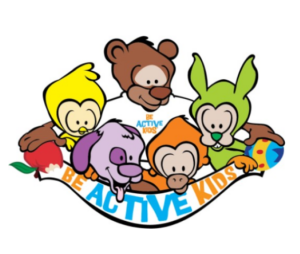 Be Active Kids is a physical activity program for early care and education programs aimed at improving young children’s physical health and development. Be Active Kids utilizes a developmentally appropriate curriculum, training, and other practical resources to help programs meet infant and child physical activity best practices.
Be Active Kids is a physical activity program for early care and education programs aimed at improving young children’s physical health and development. Be Active Kids utilizes a developmentally appropriate curriculum, training, and other practical resources to help programs meet infant and child physical activity best practices.
Additional resources:
- Centers for Disease Control and Prevention (CDC)
The CDC’s Division of Nutrition, Physical Activity and Obesity (DNPAO) takes a public health approach to address the role of nutrition and physical activity in improving the public’s health and preventing and controlling obesity and chronic diseases. - Child and Adult Care Food Program (CACFP)
CACFP ensures that eligible children who attend qualifying child care facilities receive nutritious meals. To accomplish this, CACFP provides reimbursement to qualified caregivers for meals and snacks served. - Child Nutrition Sharing Site
Through a collaboration between the Institute of Child Nutrition (ICN) and the United States Department of Agriculture, Food, and Nutrition Services (USDA/FNS), child nutrition professionals are provided with access to resources that support current Federal regulations, policies, and guidance. - Eat Smart, Move More North Carolina
A statewide initiative that promotes increased opportunities for physical activity and healthy eating through policy and environmental change. - Farm to Preschool Network (NC)
The Network connects, educates, develops, and shares resources between community and state partners, farmers, early childhood educators, and families to spark the local foods movement in early childhood education environments. - Food and Nutrition Information Center (FNIC)
FNIC at the National Agricultural Library (NAL) provides a directory to credible, accurate, and practical resources for consumers, nutrition and health professionals, educators, and government personnel. - Head Start Nutrition
Resources for early care and education programs that promote healthy nutrition, from the Head Start, Early Childhood Learning and Knowledge Center (ECLKC), Early Childhood Health and Wellness. - Healthy Kids, Healthy Future
Healthy Kids, Healthy Future encourages and supports child care and early education providers to make positive changes in their programs in order to work toward a healthier future for children. - Infant Nutrition and Feeding Guide
This handbook is designed for staff who provide nutrition education and counseling to the parents and caregivers of at-risk infants who participate in the WIC Program. - Nutrition.gov
Gateway to reliable information on nutrition, healthy eating, physical activity, and food safety for consumers, educators, and health professionals.
